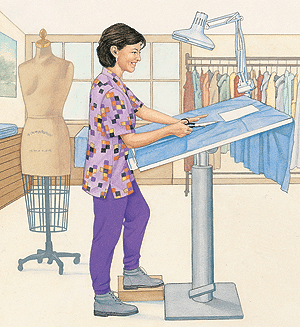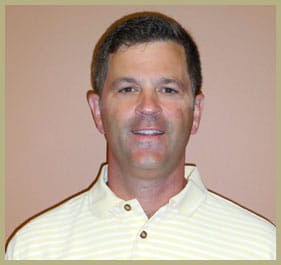You have temporomandibular disorder (TMD). This term describes a group of problems related to the temporomandibular joint (TMJ) and nearby muscles. The TMJ is located where the upper and lower jaws meet. Treatment will get your jaw back to normal function. But your care doesn't end there. Once you've had TMD, it's important to avoid reinjury. Get in the habit of doing self-checks. This can make you aware of any symptoms that begin to recur, so you can take action right away.
Doing Self-Checks
Make it a habit to assess your body a few times each day. Try writing yourself a reminder. Or set an alarm on your watch or computer. When doing a self-check, ask yourself:
- Do I feel stressed?
- Are my muscles tense?
- Am I grinding or clenching my teeth?
- Is my posture healthy for my body?
- Is there anything I can do to make myself more comfortable?
If you answer "yes" to any of the questions above, you need to take action. Adjusting your posture or taking a short break can help prevent or relieve TMD symptoms.













